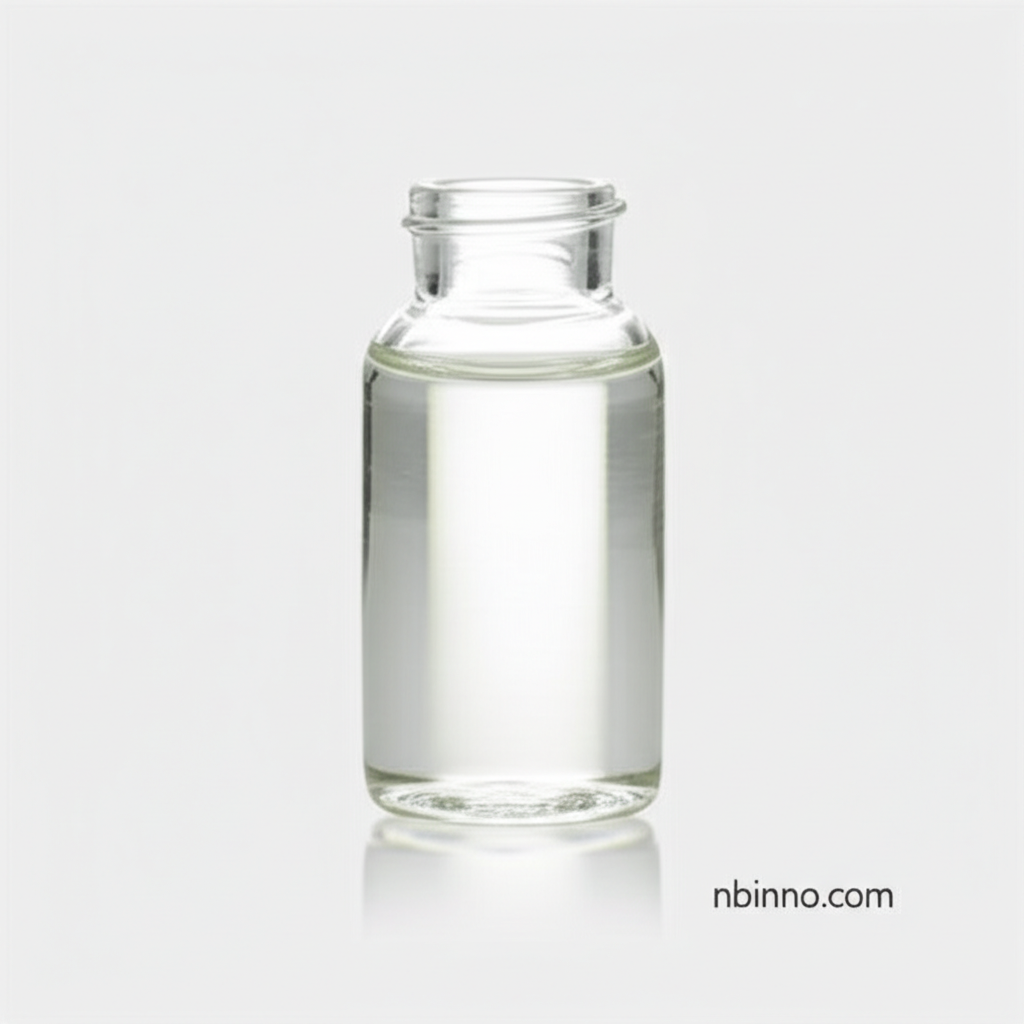2,2-Dimethoxypropane: Your Key to Advanced Organic Synthesis
Unlock efficient reactions with a versatile reagent for protecting groups, dehydration, and more.
Get a Quote & SampleProduct Core Value

2,2-Dimethoxypropane
As a critical component in organic synthesis, 2,2-dimethoxypropane (CAS 77-76-9) offers exceptional utility as a protecting group for alcohols and a highly effective dehydrating agent. Its unique chemical properties make it indispensable for a wide array of applications, from synthesizing complex pharmaceuticals and agrochemicals to formulating delicate perfumes.
- Discover the utility of 2,2-dimethoxypropane as a protecting group for alcohols in complex organic chemistry reactions.
- Leverage its strong dehydrating capabilities, crucial for water-sensitive syntheses and sample preparation in histology.
- Explore its role as a valuable intermediate in the synthesis of vital compounds like vitamin E, vitamin A, and various carotenoids.
- Benefit from its application as a water scavenger, ensuring reaction integrity by converting water into acetone and methanol.
Advantages of Using 2,2-Dimethoxypropane
Enhanced Reaction Selectivity
Utilize 2,2-dimethoxypropane as a protecting group for alcohols, enabling selective functionalization at other sites in organic synthesis.
Efficient Dehydration Capabilities
Benefit from the rapid chemical dehydration it provides for biological samples, particularly for scanning electron microscopy.
Broad Synthetic Intermediate Role
Employ this compound as a key intermediate in the production of essential pharmaceuticals and agrochemicals, streamlining complex manufacturing processes.
Key Applications
Pharmaceutical Synthesis
Serve as a crucial building block and intermediate for the synthesis of vitamins and other complex pharmaceutical compounds, enhancing drug development.
Agrochemical Production
Act as a valuable intermediate for the production of insecticides and fungicides, contributing to advancements in crop protection and sustainable agriculture.
Fragrance and Perfume Industry
Function as an intermediate for fragrances and perfumes, adding unique ethereal top-notes and alcohol-like effects to olfactory compositions.
Histological Sample Preparation
Facilitate the dehydration of animal tissue in histology, proving more efficient than ethanol and enabling detailed microscopic analysis.
